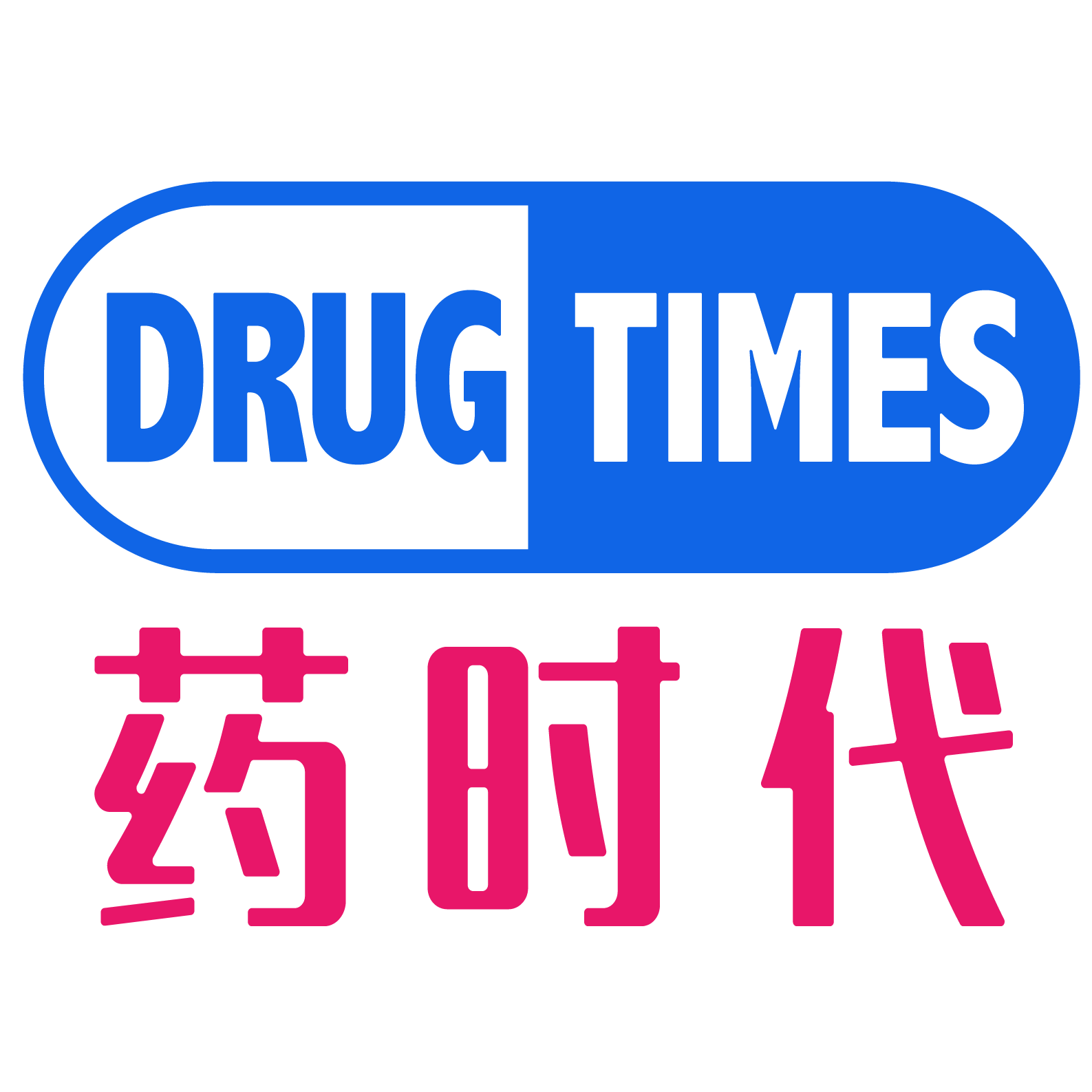
On August 29, 2024, local time, Merck announced that due to unsatisfactory clinical data, it has decided to terminate two Phase III clinical studies, KEYNOTE-867 and KEYNOTE-630.
The KEYNOTE-867 study aimed to explore the efficacy and safety of Keytruda in combination with stereotactic body radiation therapy (SBRT) for the treatment of early-stage non-small cell lung cancer, with approximately 436 patients enrolled.
For early-stage non-small cell lung cancer that cannot be surgically treated, SBRT is currently the best treatment option.
The KEYNOTE-630 study, on the other hand, aimed to explore the efficacy and safety of K-drug as an adjuvant therapy for high-risk locally advanced cutaneous squamous cell carcinoma (cSCC) patients after surgery and radiation therapy, with approximately 430 patients enrolled.
01
According to the official website’s disclosure, the termination of both studies was based on the recommendation of the Independent Data Monitoring Committee (IDMC).
The interim analysis of KEYNOTE-867 showed that the Keytruda + SBRT combination did not demonstrate a significant difference in the primary endpoint of EFS and the key secondary endpoint of OS compared to the placebo.
Moreover, in terms of safety, the Keytruda + SBRT combination had a higher incidence of adverse events than the placebo, including patient deaths.
In light of this, Merck believes that the risk-benefit ratio of this combined therapy does not support the continuation of the trial.
KEYNOTE-630 was also similar, failing to meet the primary clinical endpoint (recurrence-free survival, RFS). Although the key secondary endpoint of OS has not yet been determined, Merck stated that based on the data at the pre-planned analysis, it is not necessary.
In fact, this year, Merck has already terminated several Phase III clinical studies related to Keytruda, including the KEYLYNK-006 study of Keytruda in combination with the PARP inhibitor olaparib; and two studies of Keytruda in combination with TIGIT antibody vibostolimab, KeyVibe-008 and KeyVibe-010.
As Keytruda’s U.S. patent is set to expire in 2028, Merck has chosen a different path from AbbVie’s Humira, which built a “patent thicket,” to expand the indications of Keytruda in various directions.
Currently, Merck is studying the role of Keytruda in combination with various treatment regimens in different types of tumors in as many as 1,600 clinical trials, including combinations with oncolytic viruses, ADCs, mRNA tumor vaccines, and more.
According to the Informa database, there are 146 Phase II/III or Phase III studies involving Keytruda alone.
02
Despite Keytruda experiencing multiple failures since its launch in 2014, with more defeats than victories, such as the Keytruda+Lenvima combination, failure with PARP, failure with TIGIT, failure with SBRT, and failure as an adjuvant therapy…
Merck continues to try and make mistakes, and to date, Keytruda has been approved for about 40 indications in the United States, covering melanoma, lung cancer, liver cancer, head and neck cancer, and other tumor types, and more than ten indications in China.
Such efforts have successfully pushed Keytruda to the position of “drug king,” with sales reaching $25 billion in 2023. The long-term double-digit year-on-year growth is the reward for continuous trial and error.
In the first half of 2024, Keytruda’s sales reached a new high of $14.2 billion. This is an achievement that many PD-1/PD-L1 drugs envy.
The once-famous OK battle has quietly ended, and now, whether it is Biotech or Pharma, anti-cancer drugs are often benchmarked against Keytruda.
In May of this year, Akeso announced that the data from the HARMONi-2 (AK112-303) study conducted in China showed that in the Intention-to-Treat (ITT) population, the evorsetamab group significantly extended the progression-free survival (PFS) of patients compared to the Keytruda group, with a hazard ratio (HR) significantly better than expected.
Affected by the news, Akeso’s stock price once surged by more than 87% during the trading day, which in turn confirmed the pharmaceutical industry and investment community’s recognition of Keytruda.
In summary, according to incomplete statistics, Keytruda had at least 13 studies declared failures in 2023. Similarly, Keytruda has successfully tried to open the era of IO + ADC through the combination with nectin-4 ADC Vicentinostat.
For Keytruda, Merck should have a set of exclusive criteria for how much money to buy assets to combine with it; whether to enter Phase III, and to what extent in Phase III to terminate.
This is the unique pause method for Keytruda.
【Editor’s note】The above content (~4000 words) is a quick translation of a Chinese article (posted on 2024-08-26) by DrugTimes team. To read the original article, please click here. All comments are warmly welcome. Many thanks!
发布者:DrugTimes001,转载请首先联系contact@drugtimes.cn获得授权

 为好文打赏 支持药时代 共创新未来!
为好文打赏 支持药时代 共创新未来! 